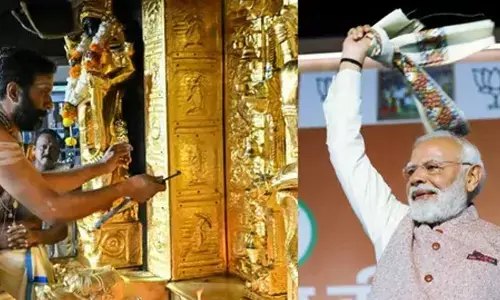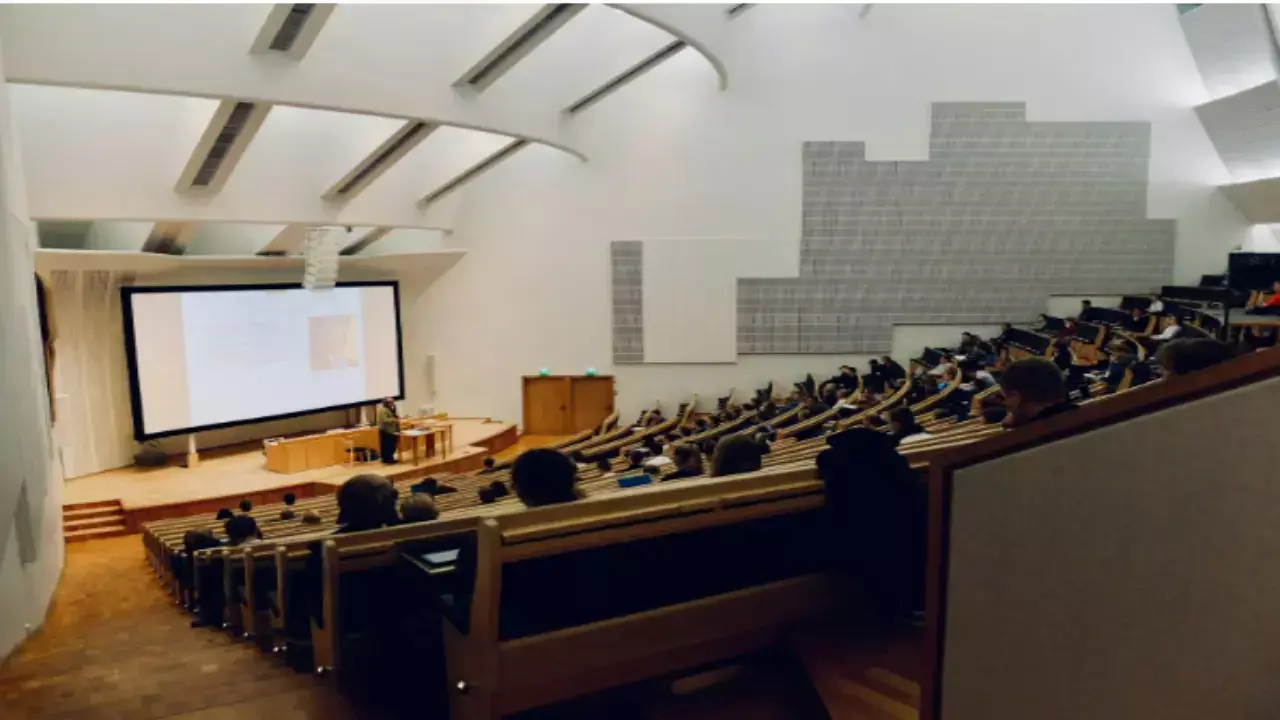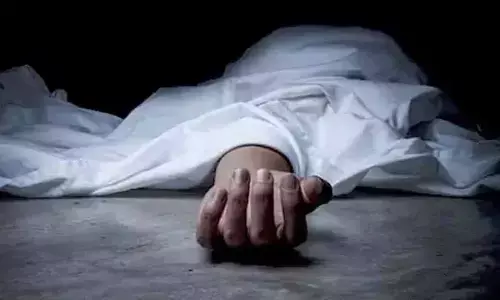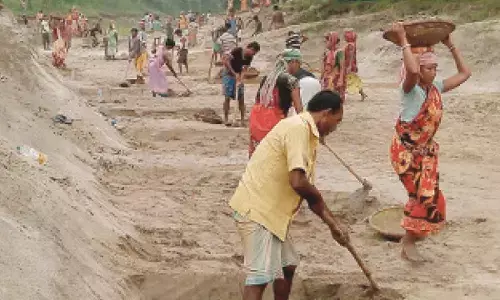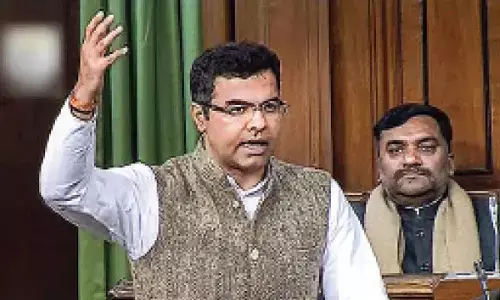Ayodhya: UP government identifies five plots for mosque
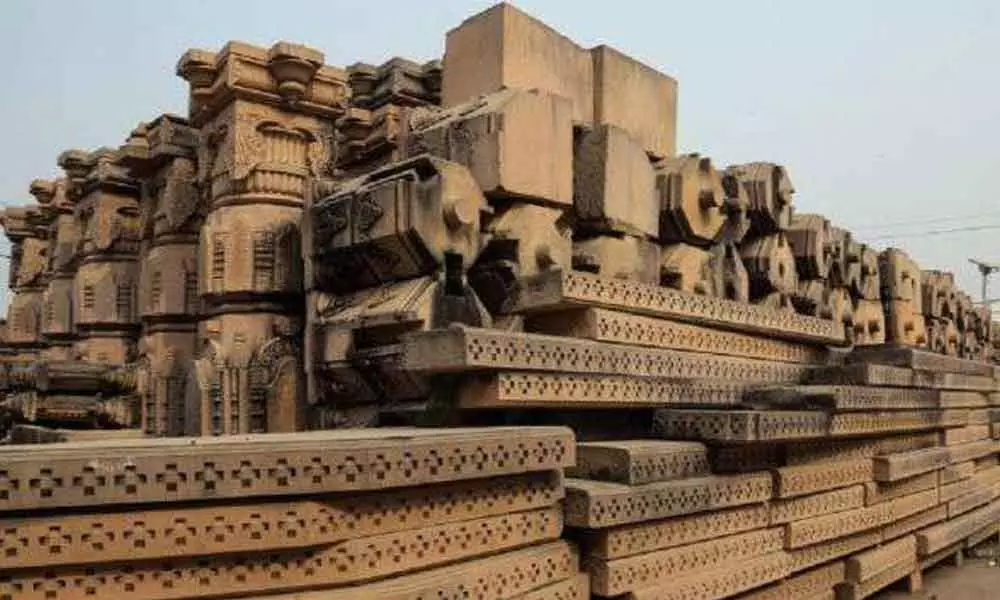
The Uttar Pradesh government has identified possible plots for a mosque in Ayodhya, in compliance with the recent Supreme Court order.
In compliance with the recent Supreme Court order, the Uttar Pradesh government has identified possible plots for a mosque in Ayodhya. The order that green-lit the construction of a temple at the former site of the Babri Masjid, also ordered for a separate five-acre land to be allocated to the Muslim brethren for construction of a mosque. The Babri Masjid spot was considered to be Lord Ram's birthplace.
Kar sevaks destroyed the Babri Masjid in 1992, sparking deadly nationwide riots. December 6 was then deemed as a 'Black Day' and curfews were imposed for several years on the day after the incident to curtail and violence.
The UP government identified five plots in Mirzapur, Shamshuddinpur and Chandpur, all outside the "panchkosi parikrama", a 15-km periphery enclosing an area considered sacred. The government is going to offer these plots to the Sunni Waqf Board once a board of trustees is formed to deal with temple construction and other issues -- as mandated by the Supreme Court order.
The Supreme Court said in its November 9 ruling that the Sunni Waqf Board should receive an alternate 5-acre plot of land within Ayodhya.
Eighteen review pleas were filed against the verdict in the top court, but all of them were dismissed on December 12.
Earlier this year, in the unanimous verdict, the court said that a report by the Archaeological Survey of India (ASI) provided evidence that the remains of a building "that was not Islamic" was beneath the structure of the demolished Babri mosque.
The court said that, given all the evidence presented, it had determined that the disputed land should be given to Hindus for a temple to Lord Ram, while Muslims would be given land elsewhere to construct a mosque.
It then directed the federal government to set up a trust to manage and oversee the construction of the temple.
However, the court added that the demolition of the Babri mosque was against the rule of law. It then proceeded to rule in favour of the Hindu party, "Ram Lalla" deity.










